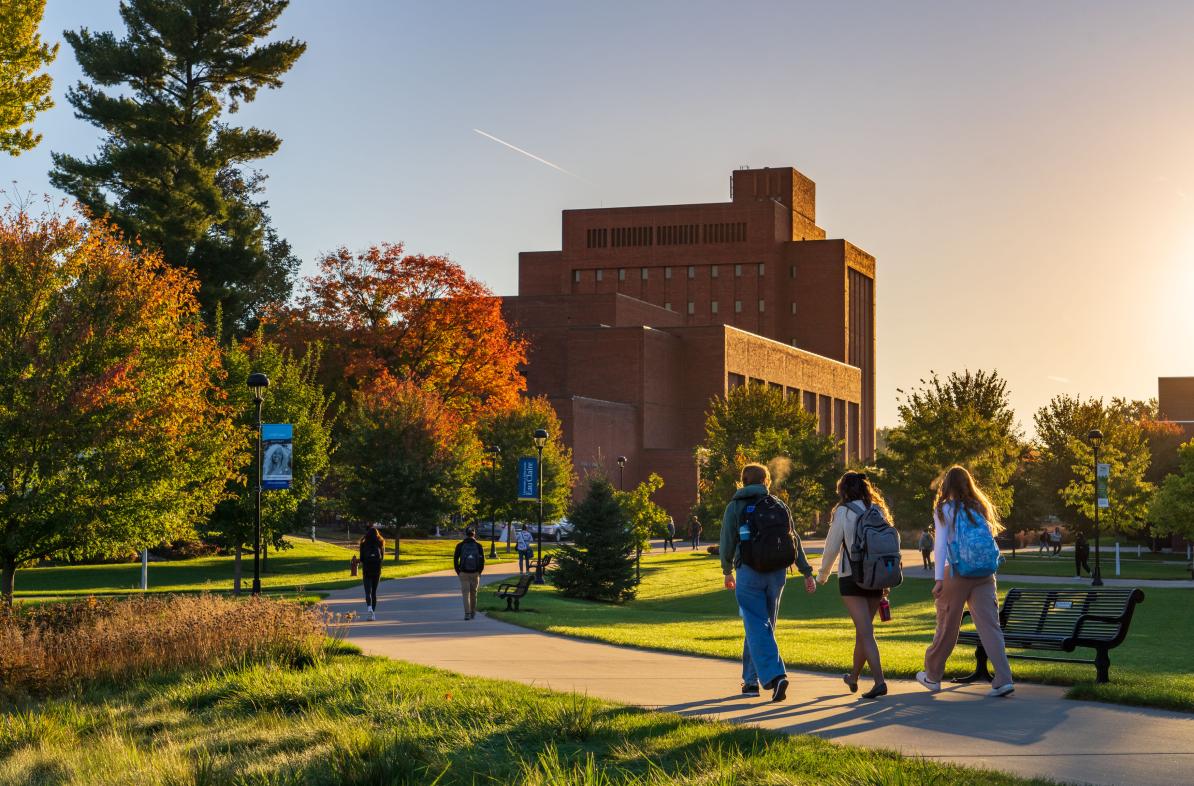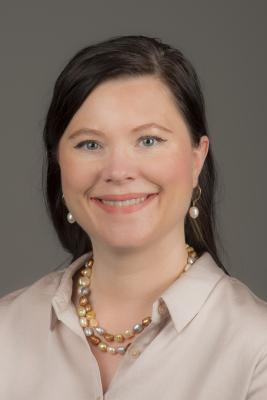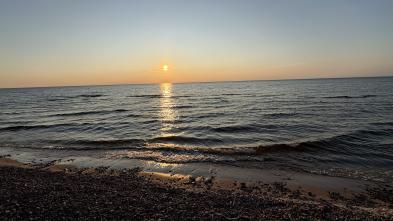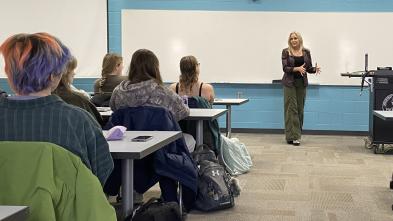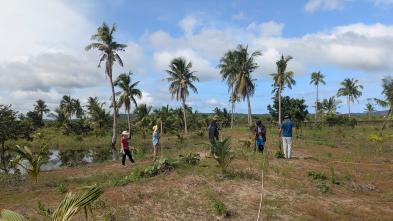“This grant will help address issues identified in a survey of UW campuses, which revealed that time and resource constraints created by administrative tasks associated with external grants often create burdens and discourage future external grant seeking,” Johnson Schmitz says.
She says the survey found that across the participating UW campuses, respondents reported spending an average of more than 70 hours per month on administrative tasks like hiring students, sourcing supplies for a project and tracking grant budgets.
“What our UW survey revealed aligns with the national average for administrative time burdens related to grant-funded research,” Johnson Schmitz says.
“Our goal is to significantly reduce that grant-related administrative work for faculty, create better connections across campus stakeholders and develop a model that can benefit other campuses.” A new grant-funded position at UW-Eau Claire and UW Oshkosh will support faculty with the identified administrative tasks.
Ideally, the project activities will advance the research culture, encourage increased grant seeking, result in more grants awarded, and ultimately bring more resources to benefit faculty and students, including collaborative research experiences.
Three pillars of the NSF funding
The BRIDGE project has been designed around three pillars:
- Implement a position, a post-award research concierge (PostARC), at UW-Eau Claire and UW Oshkosh. This role will support faculty who have external grants and be a critical connector with campus stakeholders. PostARCs will have on-campus mentors who are department assistants, administrative specialists or unit business coordinators in research-active departments or colleges.
- Partner with National Council of University Research Administrators (NCURA) for a first-of-its-kind systemwide peer review of all 11 UW comprehensive campuses to examine research practices.
- Create a community of practice with representatives from the 11 UW comprehensive campuses that will prioritize and address NCURA peer-review findings and other relevant topics related to the research environment.
Johnson Schmitz says that the peer review of a state system of schools is an innovation, as it significantly expands the usual process for NCURA and will ideally result in a new model that can benefit others.
“NCURA will typically conduct a review of a single school, but we went to them explaining that we really want to understand the research enterprise across the system campuses, and they agreed to pilot this method,” Johnson Schmitz says.
“We will gain insight and avoid reinventing the wheel by reviewing and implementing suggestions from the peer review — the community of practice will be the catalyst for this work.”
Working toward a shared goal for research
All stakeholders in this project are eager to get the many moving parts aligned and start making progress that will advance the state of research on UW campuses.
Esther Eke, director of the Office of Research and Sponsored Programs at UW Oshkosh, will be Johnson Schmitz’s counterpart in this lengthy endeavor, and she greatly looks forward to the work.
“This collaboration is an exciting opportunity to strengthen the research enterprise across the UW,” Eke says.
“The systemwide peer-review process and the community of practice will help all UW campuses share best practices and build lasting infrastructure to support faculty and students alike,” says Eke, adding that hiring the research concierge position at UW Oshkosh is particularly exciting.
“This new position will provide our outstanding faculty the support they need to seek and manage grants and creating meaningful, grant-funded research opportunities for students.”
For Dr. Erica Benson, director of the Office of Research and Sponsored Programs at UW-Eau Claire, this funding will help ensure that even more students will experience the award-winning faculty mentoring that sponsored research provides.
“By providing more administrative support to UWEC faculty who have external grants, this NSF GRANTED project can increase the number of students working on funded projects with faculty mentors. Faculty will have more time to mentor students and more faculty will apply for external grant funding because they can rely on the administrative support,” Benson says.
Benson is grateful for Johnson Schmitz’s leadership in pursuing this grant and the impact it will have.
“Heather has been the driving force behind this grant, and she has created an incredibly well-structured, collaborative, innovative plan to improve research capacity and support for research activities at UWEC and the UW comprehensives over the next four years.”
